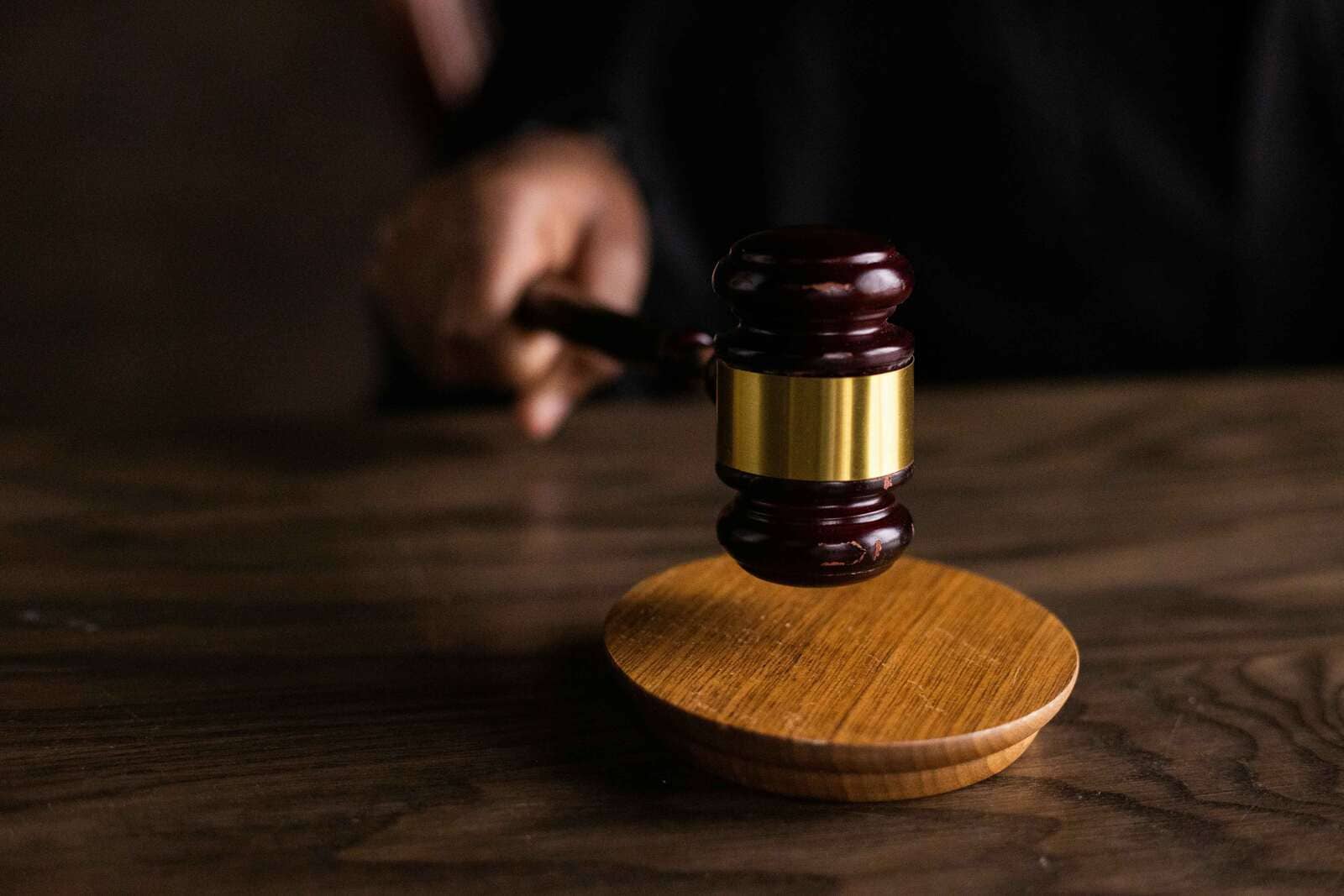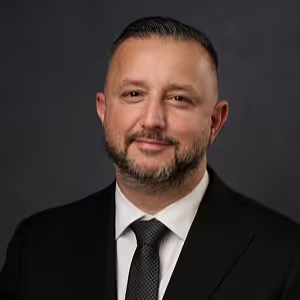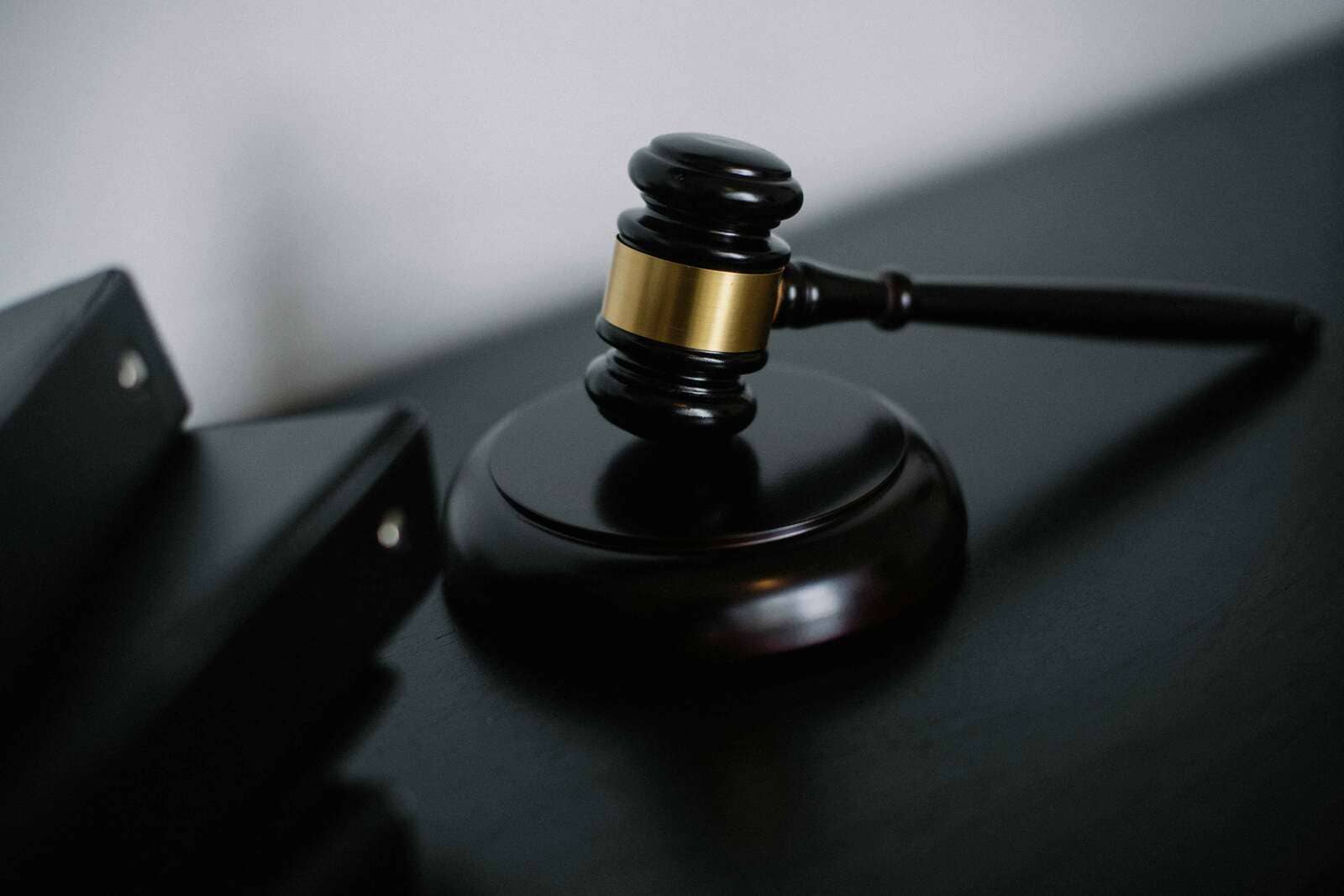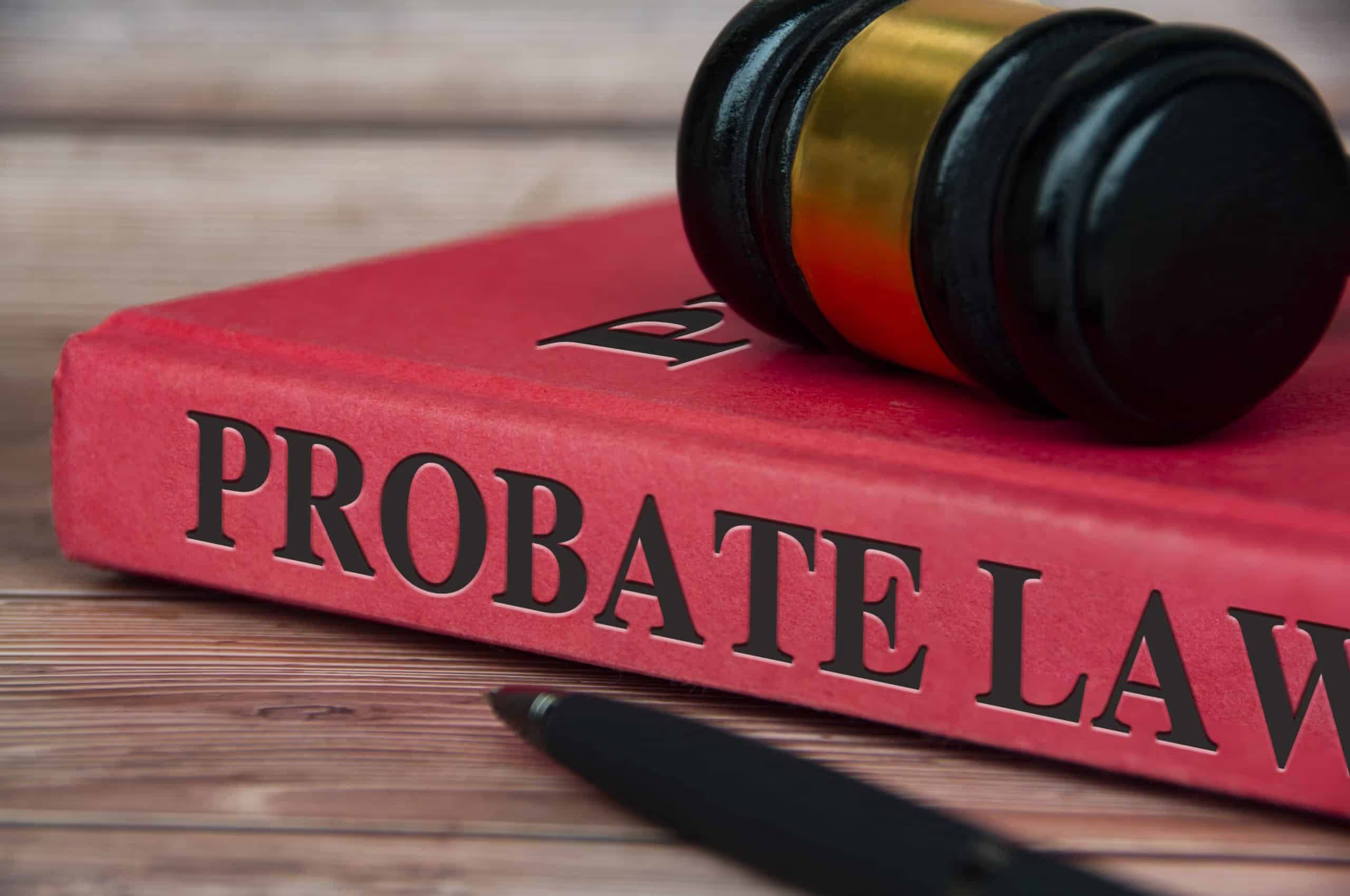Probate is the legal process that takes place after someone dies to ensure their debts are paid and assets are distributed according to their will or state law. It provides a structured, court-supervised framework for managing an estate, protecting both creditors and beneficiaries.

Step 1: Filing the Will and Opening the Case
The probate process begins when the executor named in the will, or an interested party if no will exists, files the will with the probate court. This filing opens the probate case and allows the court to officially recognize the executor or appoint an administrator.
Step 2: Validating the Will
The court must verify that the will meets state legal requirements. This includes checking that it was signed by the testator, properly witnessed, and free from fraud or coercion. If the will is contested, the court may hold hearings to determine its validity.
Step 3: Notifying Beneficiaries and Creditors
Once the will is validated, the executor must notify all beneficiaries named in the will as well as any legal heirs who would inherit under state law if no will existed. Creditors are also notified so they can submit claims for payment.
Step 4: Inventorying and Valuing Assets
The executor must identify all estate assets, which may include:
- Real estate
- Bank accounts
- Investments
- Vehicles
- Personal property such as jewelry, art, and collectibles
- Each asset must be appraised or otherwise assigned a fair market value to ensure accurate distribution and tax reporting.
Step 5: Paying Debts and Taxes
Before distributing assets, the executor must settle all valid debts and pay any applicable taxes. This may include income taxes for the year of death, estate taxes, and property taxes. If the estate lacks sufficient cash, assets may need to be sold to cover these obligations.

Step 6: Resolving Disputes
Probate often involves resolving disputes among beneficiaries or between beneficiaries and the executor. Disputes can arise over the interpretation of the will, the validity of creditor claims, or how the executor is managing the estate.
Step 7: Distributing Assets
After debts and taxes are paid and disputes resolved, the executor distributes the remaining assets to the beneficiaries as outlined in the will or by state law if there is no will. This may involve transferring titles, closing accounts, and physically delivering property.
Step 8: Closing the Estate
The executor provides the court with a final accounting that details all actions taken during the probate process. Once the court approves, the estate is officially closed, and the executor is released from their duties.
How Long Probate Takes
The length of probate varies widely, from a few months for simple estates to several years for complex or contested estates. Factors such as the number of beneficiaries, the type of assets, and the presence of disputes can significantly affect timing.
Why Probate Is Sometimes Necessary
Even with good estate planning, probate may be unavoidable in certain situations, such as when a person dies owning property solely in their name without a beneficiary designation. Probate provides a legal pathway to transfer ownership and resolve debts.
How a Probate Attorney Helps
An experienced probate attorney can guide executors through every step, ensuring deadlines are met, legal requirements are satisfied, and disputes are handled efficiently. This support reduces the risk of costly mistakes or prolonged delays.

Further Reading on Probate and Estate Planning
Will Meaning and Legal Importance
A will provides instructions for asset distribution but must go through probate before those instructions are carried out.
What is a Power of Attorney?
A POA allows someone to manage your affairs while you are alive, but it does not eliminate the need for probate after death.
How Long Does Probate Take After Death?
Probate timelines range from several months to years, depending on the estate’s complexity and whether disputes arise.
Can You Avoid Probate?
Strategies like living trusts, joint ownership, and beneficiary designations can help bypass probate for certain assets.



























